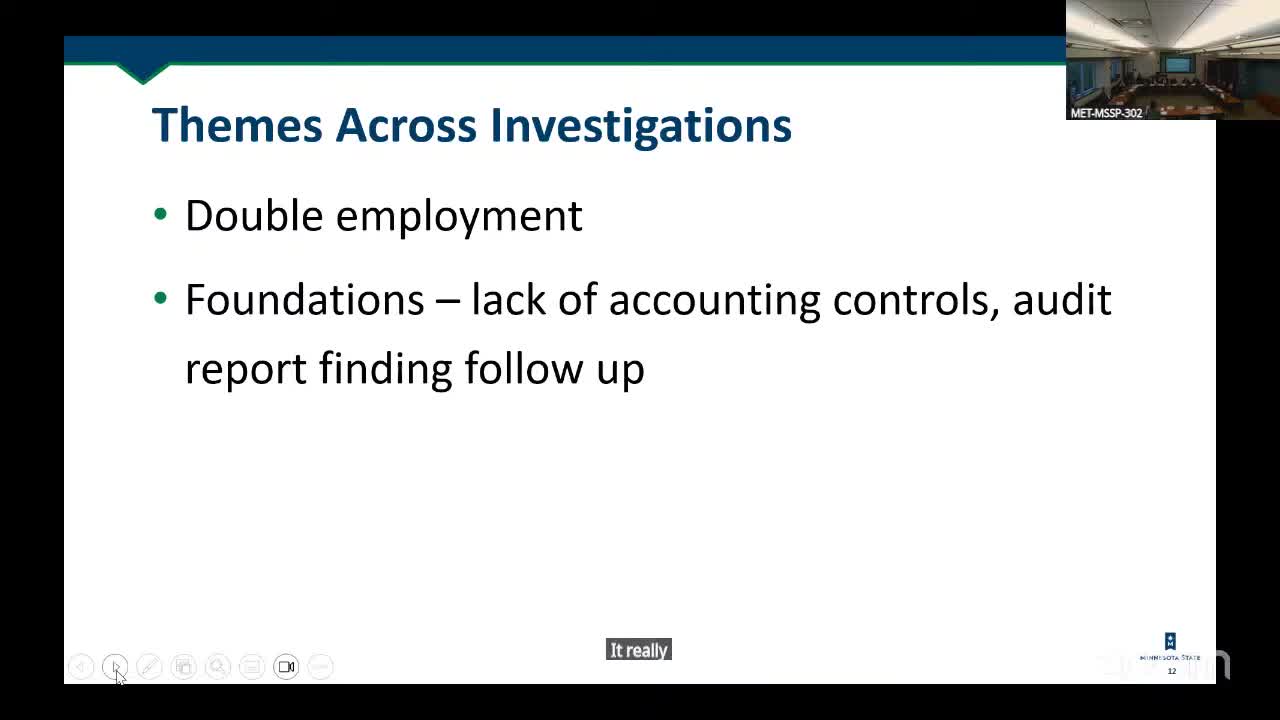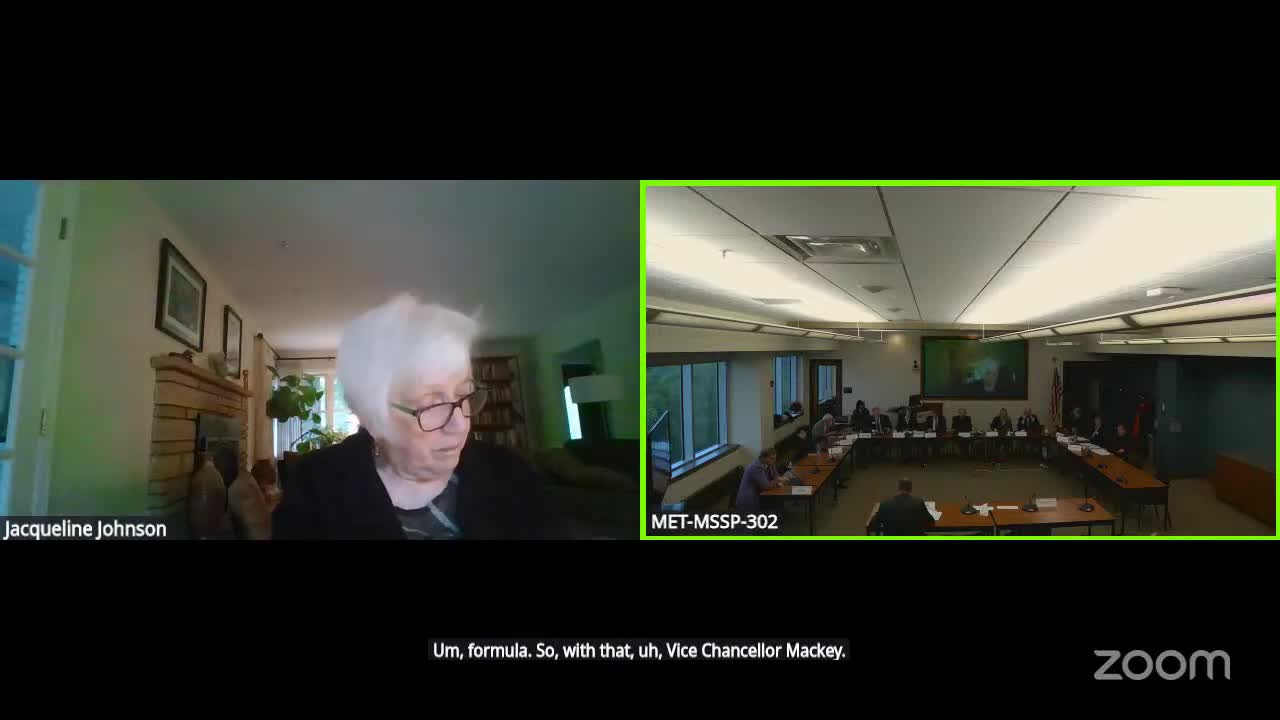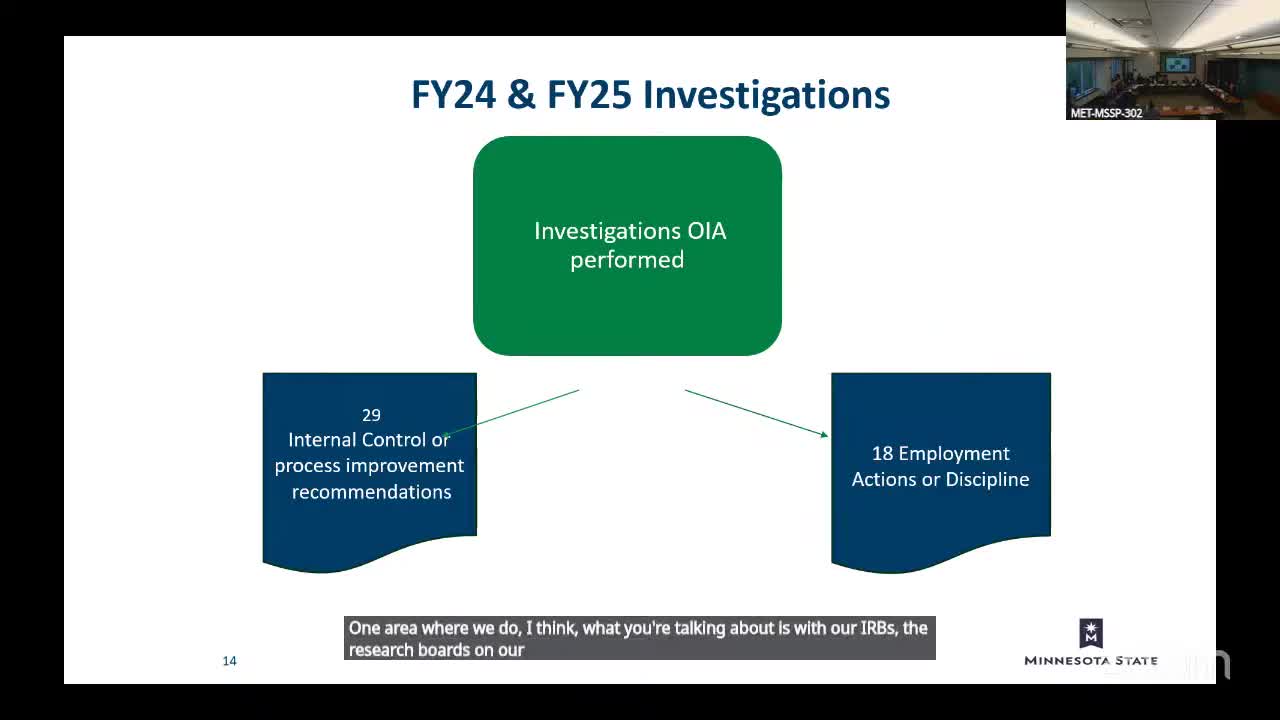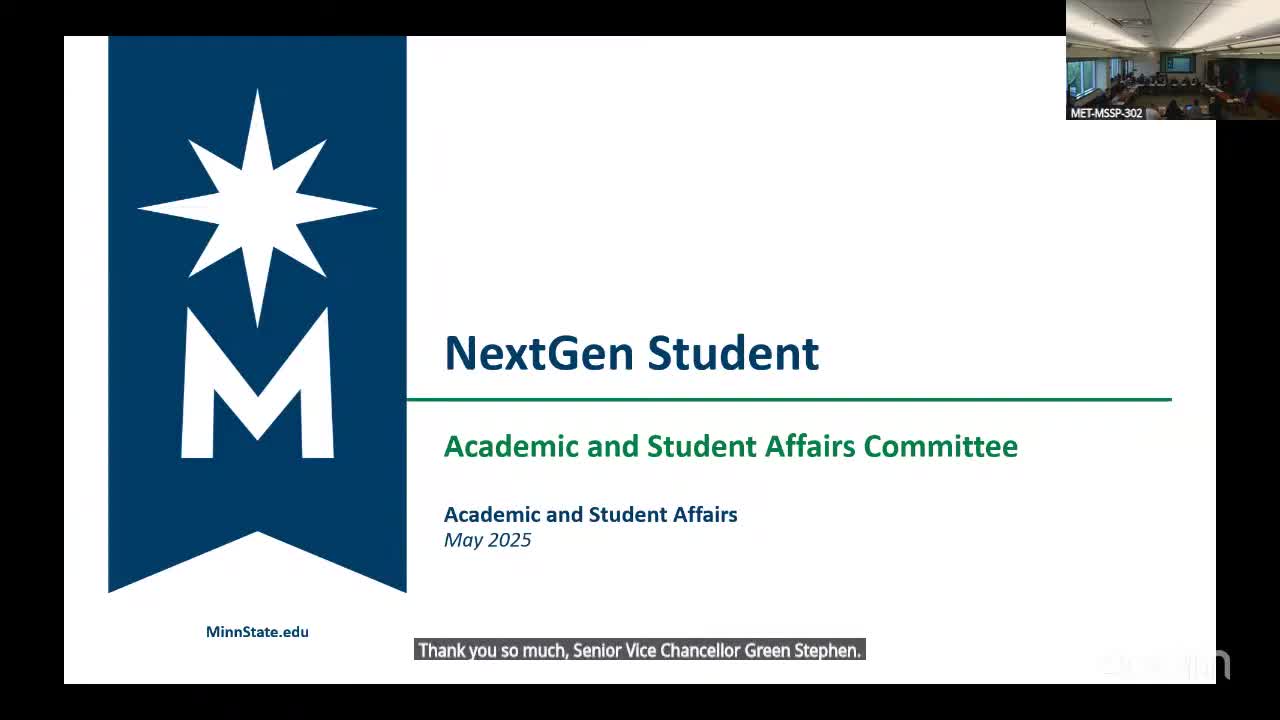Article not found
This article is no longer available. But don't worry—we've gathered other articles that discuss the same topic.

Minnesota State audit office seeks three-year extension of CliftonLarsonAllen contract; audit committee approves charters and 2026 audit plan

Trustees probe Minnesota State allocation model: trustees and presidents call for review of funding framework and equity impacts

Finance committee approves Duluth airport lease extension, Jaggaer procurement‑software renewal and amends IT administration policy

